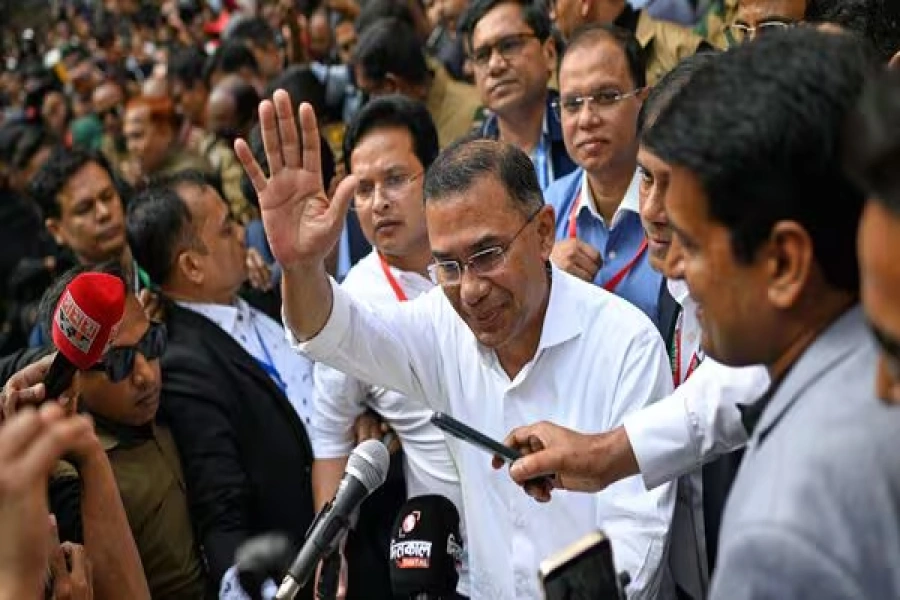KATHMANDU, Oct 28: A case seeking to declare unconstitutional the provision in Section 49(b) of the Commission for the Investigation of Abuse of Authority (CIAA) Act is currently under consideration by the constitutional bench of the Supreme Court. The said provision exempts corruption-related decisions made by the federal cabinet and its committees from investigation under the guise of policy decisions.
It is said that a subcommittee is preparing a report after reviewing issues related to the Commission for the Investigation of Abuse of Authority (Third Amendment) Bill, 2076 BS, which the National Assembly has already passed and is now under consideration in the House of Representatives.
The public interest litigation (PIL) case (Raju Prasad Chapagain et al v Office of the Prime Minister and Council of Ministers et al., 2079 – WC-0016) is a joint filing by various organizations, including the Justice and Rights Institute (JuRI-Nepal), Forum for Protection of Public Interest (Pro Public), Human Rights Journalists Association (HuRJA), Good Governance Foundation (GoGo Foundation), Institute for Governance and Development (IGD), and Digital Rights Nepal. This case challenges the constitutionality of Section 4(b) of the CIAA Act, claiming it serves as the legal basis for policy-based corruption. The case, registered on November 25, 2022, is scheduled for a final hearing on January 15, 2025.
Advocates from govt side argue in favour of constitutional benc...

The petitioners seek to declare invalid the phrase "... or any policy decision collectively made by the Council of Ministers or any of its committees ..." in Section 4(b) of the CIAA Act, arguing it conflicts with Article 239(1) of the Constitution. They request a mandamus order directing the Government of Nepal, the Office of the Prime Minister and Council of Ministers, and the Ministry of Law, Justice, and Parliamentary Affairs to establish appropriate legal provisions addressing the legal gap created by removing “improper conduct” from the CIAA’s jurisdiction. They also urge the drafting of national legislation to comply with Nepal’s commitments under the “National Strategy and Action Plan on Implementation of the United Nations Convention against Corruption, 2012.”
The petitioners seek a mandamus order requiring the CIAA to provide information about complaints filed but excluded from the investigation due to the disputed Section 4(b). They call for the revival and investigation of such cases. The proposed extension of the disputed Section 4(b) in the bill, which has previously been misused to classify Cabinet decisions as ‘policy-based’ to grant immunity, is seen as regressive. The bill now includes provincial-level Cabinets and their committees as well.
The petitioners have also sought the attention of the state organs concerned including the State Affairs and Good Governance Committee, both houses of the Federal Parliament and the CIAA HQ. In a letter sent to these state institutions, one of the petitioners, Raju Prasad Chapagain, claims, “Any provision granting immunity from investigation and prosecution by the CIAA under the guise of ‘policy-based decisions’ lacks justification and constitutional validity.”
A statement issued by the petitioners reads, “We urge the committee to study the petition currently under review at the constitutional bench, form an opinion on the bill, and amend it accordingly.” They recommend repealing the exceptional provision in Section 4(b) concerning the federal Cabinet entirely. “Any regressive amendment passed by parliament risks becoming the subject of judicial challenge once again.”
The petitioners have called for a timely and prudent decision that aligns with the principles of good governance.






































